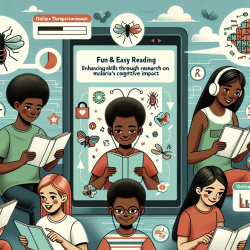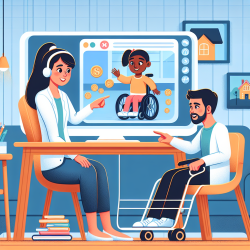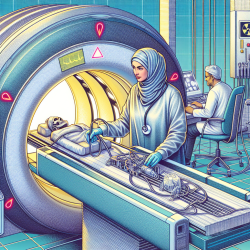In recent years, the visibility of transgender individuals has increased significantly, yet the healthcare system continues to lag in providing inclusive and comprehensive care. A crucial factor contributing to this gap is the lack of transgender health education within medical school curricula. The research article "Transgender health content in medical education: a theory-guided systematic review of current training practices and implementation barriers & facilitators" sheds light on the current state of transgender health education and offers insights into overcoming these challenges.
The Current State of Transgender Health Education
The systematic review analyzed various training initiatives across medical schools and residency programs worldwide. It was found that most interventions are limited to single-session formats with varying modes of delivery. These sessions often lack depth and fail to cover essential aspects of transgender healthcare comprehensively.
The review highlighted several barriers to implementing effective transgender health education:
- Lack of Educational Materials: Many institutions struggle with insufficient resources tailored to transgender health topics.
- Lack of Faculty Expertise: There is a notable shortage of instructors with adequate knowledge or experience in transgender medicine.
- Time and Cost Constraints: Institutions face challenges in allocating time within already packed curricula and securing funds for developing specialized courses.
- Difficulties in Recruiting Guest Speakers: Engaging transgender individuals as guest speakers or simulation patients is often hindered by logistical and compensation issues.
Facilitators for Successful Implementation
The research also identified several facilitators that can enhance the effectiveness of transgender health education:
- Scaffolding Learning Throughout Curriculum: Integrating transgender health topics across different stages of medical training ensures continuous exposure and reinforcement.
- Engaging Learners in Skills-Based Training: Interactive modalities such as case-based learning, role-play, and clinical scenarios provide practical experience and improve retention.
- Diverse Expertise Involvement: Drawing on the lived experiences of transgender individuals enriches the learning environment and provides authentic insights.
- Cultural Competency Training: Emphasizing cultural sensitivity and competency helps future physicians understand diverse gender identities better.
The Role of Queer Theory in Medical Education
The systematic review utilized queer theory as an analytical lens to contextualize findings. Queer theory challenges normative assumptions about gender and sexuality, offering a critical perspective on how these constructs are represented in medical education. By applying this framework, educators can identify areas where traditional pedagogical approaches fall short and explore innovative strategies for inclusivity.
A Call to Action for Medical Educators
The findings from this research underscore the urgent need for medical educators to prioritize transgender health content within their curricula. By addressing existing barriers and leveraging identified facilitators, institutions can create more inclusive learning environments that prepare future physicians to provide equitable care for all patients.
If you're a practitioner or educator looking to improve your skills in this area, consider exploring further research on trans-inclusive educational strategies. Engaging with diverse perspectives will not only enhance your understanding but also contribute towards reducing healthcare disparities faced by transgender communities.










